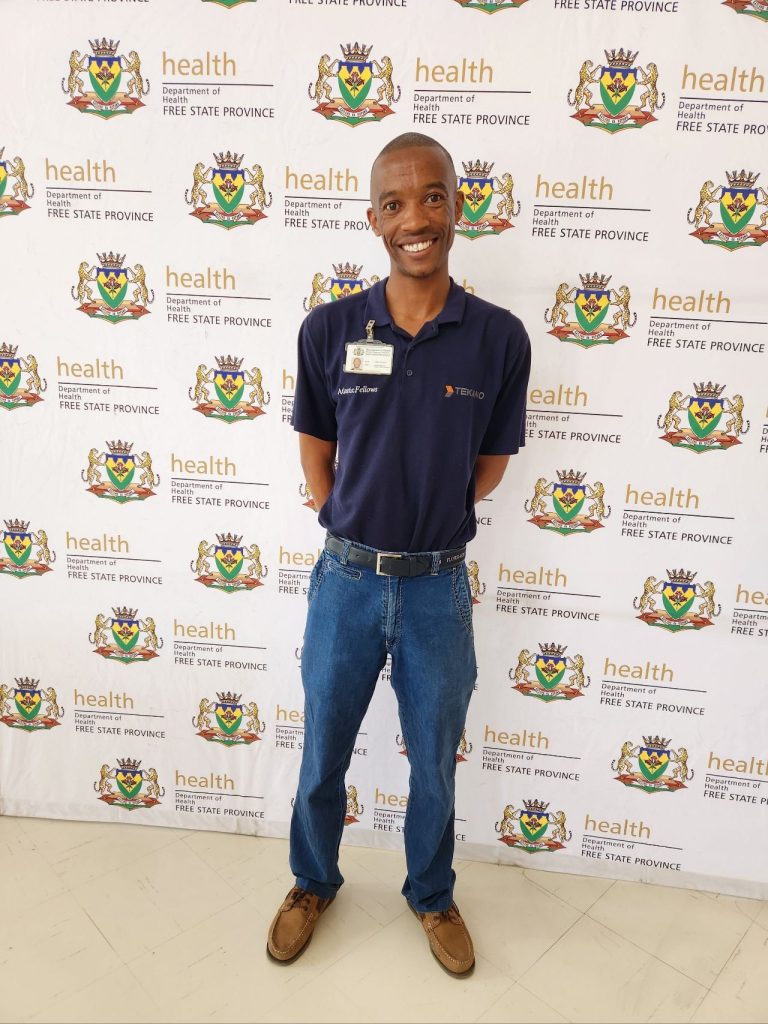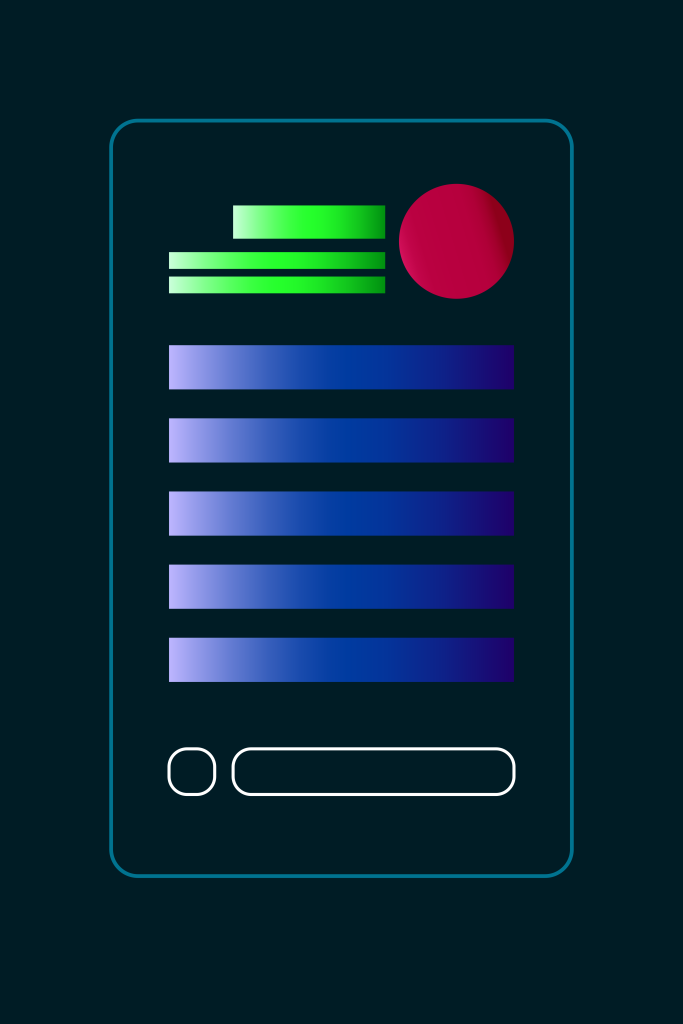Implementing Sustainable Healthcare in South Africa With The Support of a Global Network

Tshepo Mokhadi, a member of NGFP’s Intergenerational Fairness (IGF) hub, has been on a mission. The Environmental Health Practitioner (EHP) is transforming the practice of environmental management sciences within Bongani Regional Hospital in Welkom, Free State, where he works, and beyond.
For Tshepo, the healthcare sector has an important role and responsibility in helping lead the way towards a more sustainable and climate-resilient future for generations to come.
After seeing environmental challenges in his first few years at the Bongani Regional Hospital – he was its first EHP, he began joining global networks to strengthen advocacy and find solutions. That helped him narrow down three areas of focus to implement change: chemicals safety, sustainable waste management and leadership.
With Tshepo’s push, the hospital developed and launched an Integrated Pest Management (IPM) strategy, shifting it towards less toxic and more sustainable options like ultrasound pest repellents and germicidal lamps, among other things.
Tshepo also worked with IT professionals to build on his Waste Information System tool, created in 2015 to monitor and evaluate medical waste generation at the facility, to make it scalable and tech-enabled.
His ingenuity won him the Trailblazer Award at the Public Sector Innovation Awards in November 2022, presented by South Africa’s Centre for Public Service Innovation.
Around this time, Tshepo also joined the NGFP IGF hub as he aligned with the hub’s focus on protecting the interest and rights of the future generations, including caring for planet earth. In the hub, Tshepo helps hold the circle of members, and ensures that scheduled activities are executed accordingly. He says the hub offers a safe space for his ideas.
“The hub inspires me to bring out the best that I could offer to this world in terms of advocacy and social change initiatives, this is possible because the hub is also a space of contestation and vulnerability, and through these processes I feel inspired to give my best and thrive in the hub.”
Being in a space with like-minded people though the NGFP IGF hub helped him take the steps to finally implement the Waste Information System.
“Since joining the IGF Hub, there has been a massive impact and transformation in the way that I’m doing things. It might have taken me 10 years to design, but [the System] only got activated after joining the IGF hub.”
He particularly valued discussions with IGF hub members, and engagements with focal point Adam Sharpe. They helped activate his thinking around digital futures and its implications for the healthcare system he works in.
In 2023, Tshepo launched a pilot of the software-based, AI-powered application called Environmental Health Information System (EHIS). EHIS monitors and evaluates waste, food safety, occupational health and safety, water quality, external hygiene and the mortuary. It’s now further developed, allowing him to write recommendations for the operational manager handling various parts of the hospital’s environment.
“This system shifts the narrative of environmental health practice towards digital futures trends and simplifies environmental health practice within hospital settings,” he says.

Safety and environmental inspections in the hospital are now faster and less-reliant on paper, thus also more cost efficient. There’s also a better record of evidence from inspections that can inform decisions moving forward.
The EHIS is currently tailored to Bongani, but it’s based on an open source code to allow each hospital to design based on their own needs. The system is now set to be rolled out across South Africa in phases, with 10 facilities in the Free State as pilots. Learn more about Tshepo’s work with the Bongani hospital here.